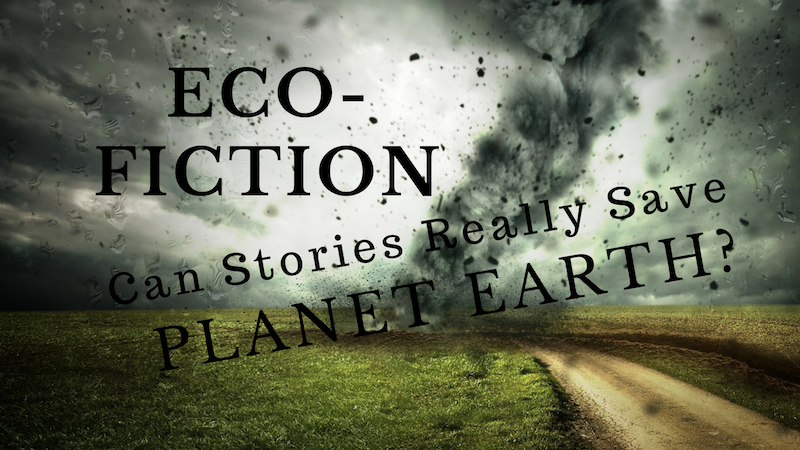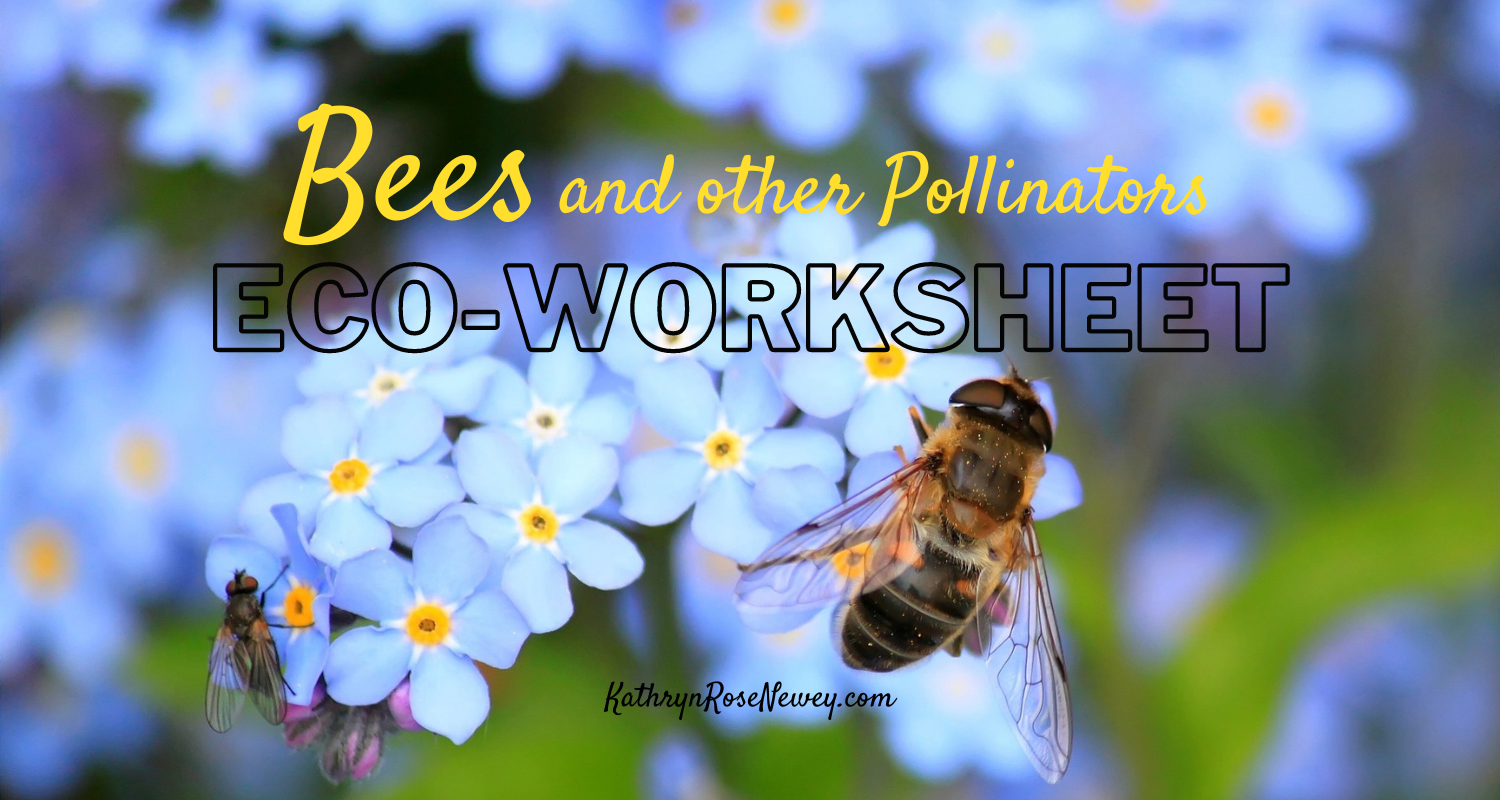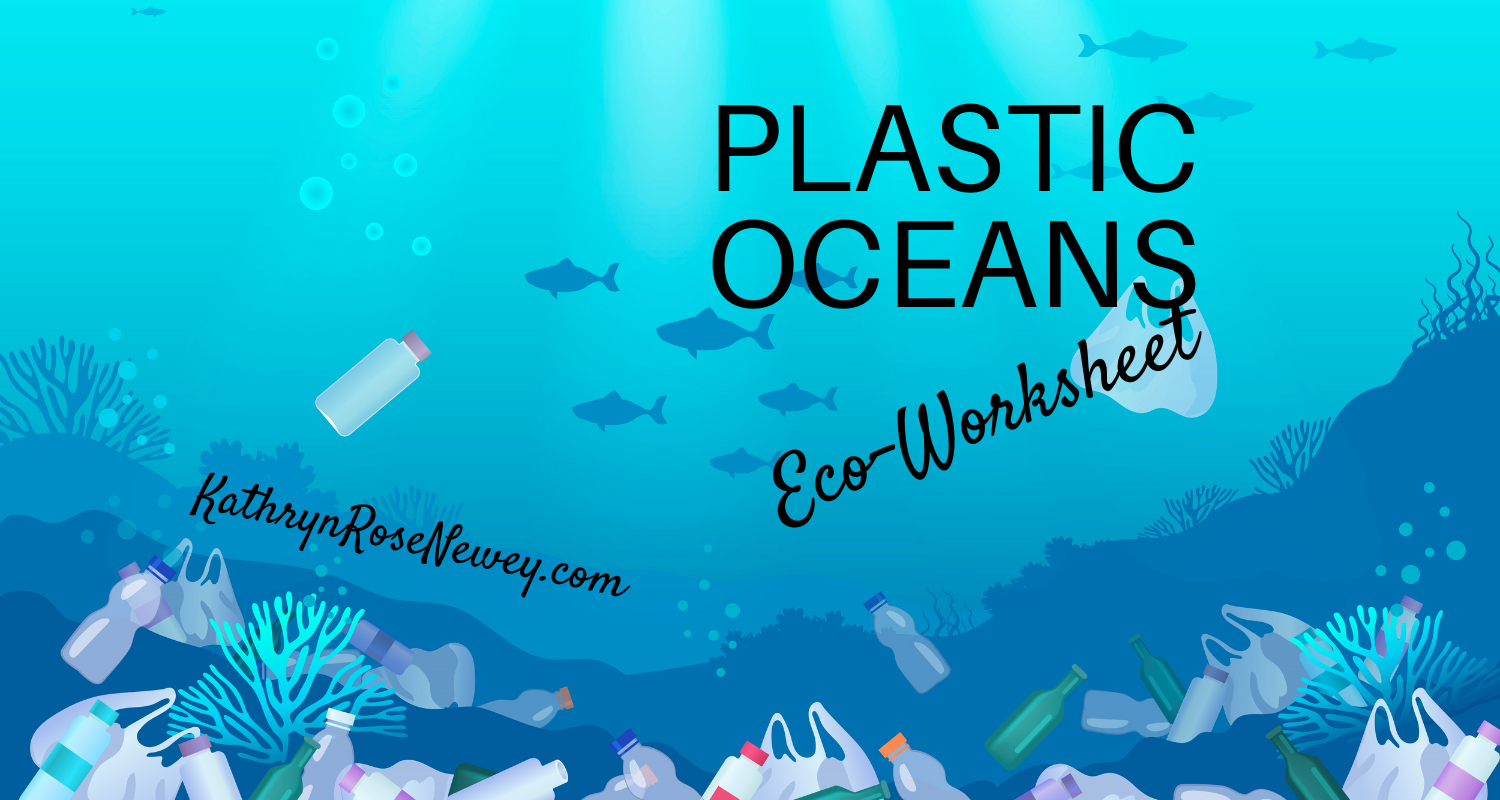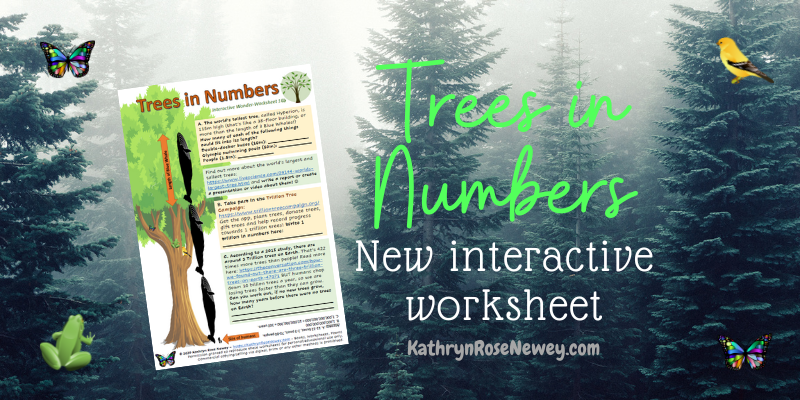Environmental Fiction isn’t new.
“Environmental Fiction” also known as “Eco-Fiction”, and its sub-genre “Climate Fiction” or “Cli-Fi”, is a relatively new distinct genre of literary fiction, focusing on stories of human beings interacting with the natural world and causing environmental problems and ecological crises on planet Earth (and sometimes beyond).
I say ‘relatively new’, but novels in this genre have been around for decades. For example, Mosquito Point by Chris Barry was first published in 1996 and tells the story of a character whose daughter was an environmentalist protesting the use of DDT (a now mostly banned insecticide), and an Eco-Fiction anthology published in 1971 contains environmentally-themed stories from as far back as 1839!
Fiction activism.
Right now, Eco-Fiction is gaining popularity because it’s hard to escape the sense of urgency brought to our attention by environmental and climate activists, protesters and movements such as Greta Thunberg (https://twitter.com/GretaThunberg), the School Friday Strikes (#StrikeForClimate, #SchoolsStrike4Climate), Extinction Rebellion, and the like.
Even the latest winner of the very respectable ‘Pulitzer Prize for Fiction 2019’ was the Environmental Fiction novel The Overstory by Richard Powers, which explores the power of trees in the lives of nine fictional characters over time, and how they come together to save our world from a natural catastrophe.
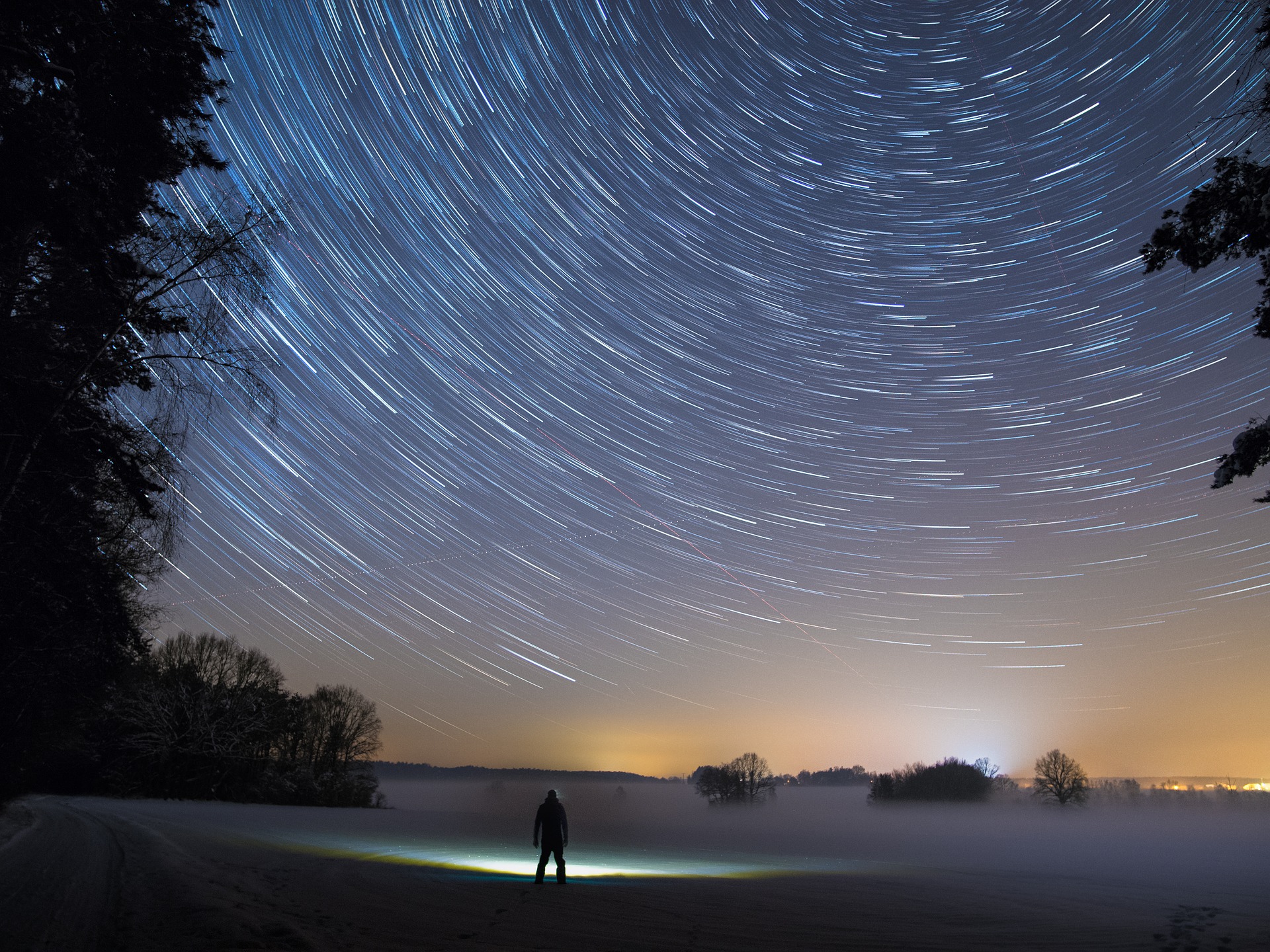
Can a story really save the planet?
Most authors who write fiction focusing on natural disasters, ecological crises and mass species extinctions want to bring these issues to the attention of readers.
As an Environmental Fiction author myself, I feel strongly that Eco-Fiction has an important educational place in our culture, perhaps even highlighting green issues like habitat destruction, pollution and animal rights to people who might not otherwise have engaged with them.
But if Environmental Fiction is just that – Fiction – then why would readers take it seriously?
I’d like to think that having read a fictional story, readers ‘get it’ that the issues are real or could be, even if the characters or settings might not be. Hopefully readers come away more aware, perhaps even inspired to do some research, join an activist group, protest human-caused ecological catastrophe, volunteer their skills to wildlife charities, recycle more, or stop eating meat.
Even if all they do immediately after finishing the novel is think and feel more about an issue, that’s a good result, as far as I’m concerned. Spending time mulling over something in their minds which touched, angered or frightened them, and discussing it with others, is bound to affect their actions and behaviour down the line.
Change is needed.
After all, it’s humans who need to take action to save ourselves and the Earth. The planet cannot heal itself if we’re still here.
Stories are how humans have always communicated – from the earliest tales around campfires to the internet and social media. And stories always carry a meaning in them – whether it is to experience something we haven’t experienced ourselves, learn about something, or be warned about something that could happen if we don’t act.
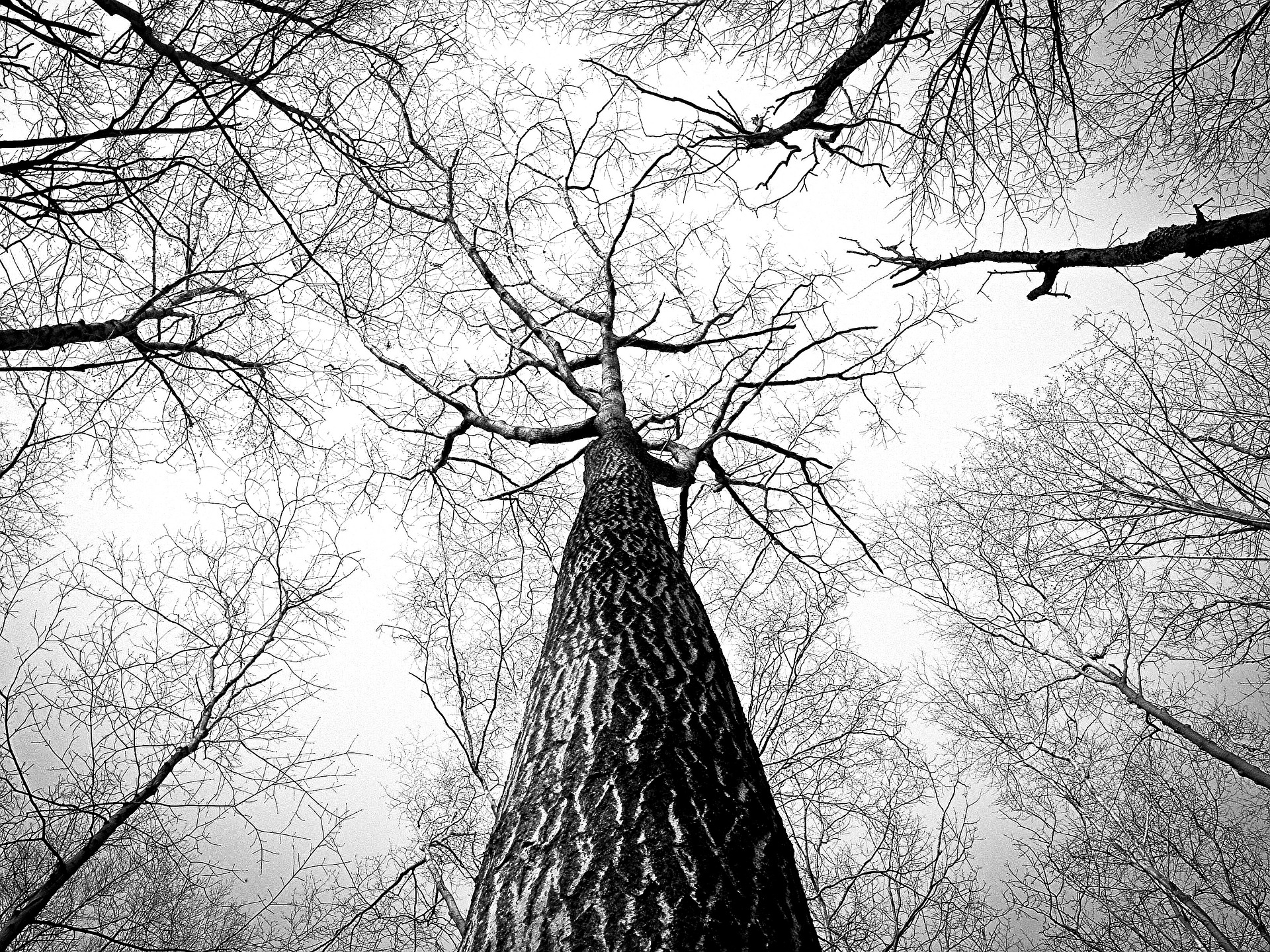
Science-Fiction meets Eco-Fiction.
For some readers, the time setting in the novels might matter as to whether they feel a novel is ‘realistic’ or not. Some Eco-Fiction focuses on important ecological issues which are happening now and are perhaps more urgent, like fracking, plastic pollution or climate change; these will reflect what readers can see around them.
Other authors present imagined dystopian or post-apocalyptic futures where humans didn’t take action in time and the remaining survivors struggle to live in barren, difficult environments. These novels serve as warnings to us to take action, otherwise our futures may be as bleak as described in the novels.
Now and then.
BookRiot classifies these two distinct types of Environmental Fiction as “What is” (novels focusing on now) and “What might be” (the future). Check out their “Reading List to Save the World” here.
Either way, Environmental Fiction, as a genre, is growing. In fact, I’d argue it’s already more than a genre – it’s part of the Ecological Collapse and Climate Crisis sub-culture or social movement fuelled by panic about the survival of our planet and human race.
We’re going to see more of it, be it in bookstores, Hollywood blockbusters like Avatar, and even in research and education seminars.
Do you think Environmental Fiction can save the planet? Have you ever read an Eco-Fiction novel? If so, which one, and how did it change your life? I’d love to hear about your experiences and thoughts – please write your comments below this post.


